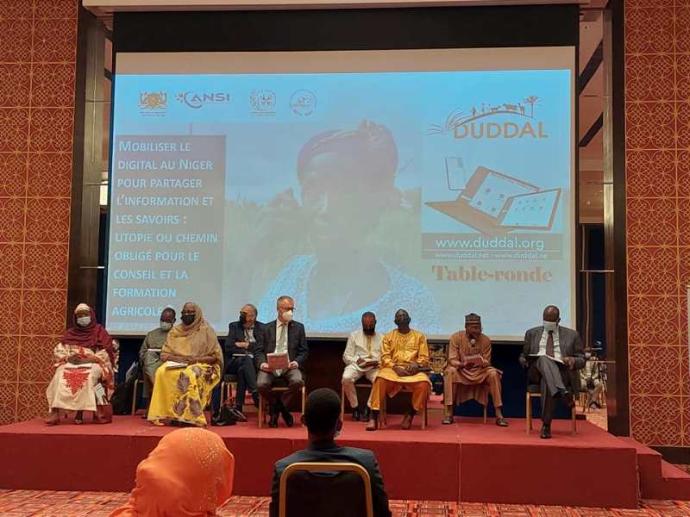International investments, public policies and private initiatives play a vital role in the development of Africa's digital sector. If the continent is to overcome the obstacles tied to connectivity and capitalize on digital opportunities, a close collaboration between these different protagonists is necessary.
International investments are key to financing the expansion of digital infrastructures. Many African countries lack sufficient resources to independently develop optical fiber networks, mobile relay stations and advanced technologies such as 5G. Consequently, global companies and international organizations are instrumental in providing funding and technical expertise.

For example, companies such as Google, Microsoft, and Facebook introduced a number of initiatives on the continent, such as establishing data centers in Africa and expanding Internet access in remote areas.

Public policies are also crucial when it comes to fostering digital inclusion. African governments are at the heart of this process, by implementing favorable regulations, by funding Internet access for vulnerable populations, and by promoting digital training programs.
The African Union's Digital Africa 2020 Plan is an example of a strategic framework designed to harmonize digital policies across the continent, in order to consolidate Internet access and support the digital economy.
Private initiatives complement these efforts by investing in local solutions in order to respond to African realities. African companies such as Jumia, Flutterwave or M-Pesaoffered innovative digital solutions, particularly in the fields of e-commerce and financial services. These companies make a major contribution towards the democratization of digital services as well as the integration of Africa into the global digital economy.
In a nutshell, a multilateral collaboration between public, private and international actors is needed to create an enticing and inclusive digital environment in Africa. Such support will not only help overcome existing obstacles, but also harness all the untapped potential of digital technology for the continent's socio-economic development.
 Duddal
Duddal SOS Village d'Enfants Niger
SOS Village d'Enfants Niger



The role of international investments, public policies and private initiatives